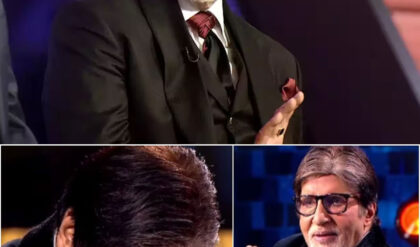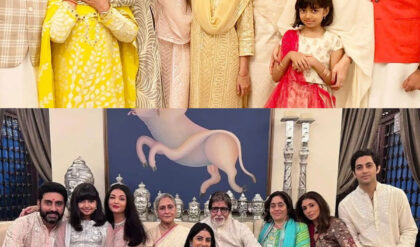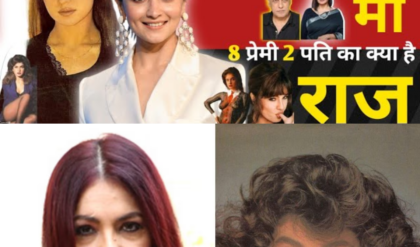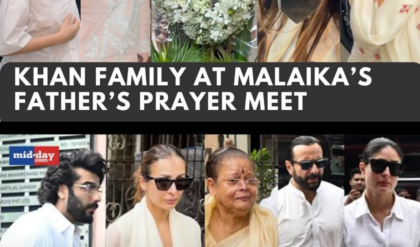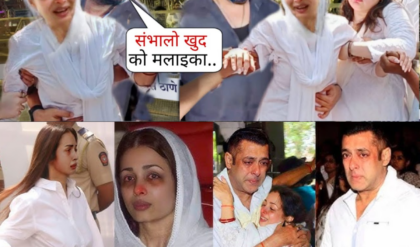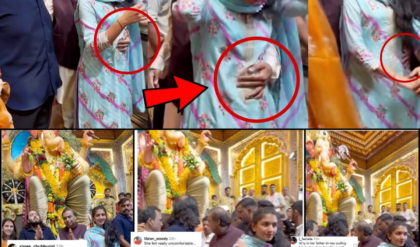Phase four of the vote is about more than just celeb-spotting – it could decide the fate of the election
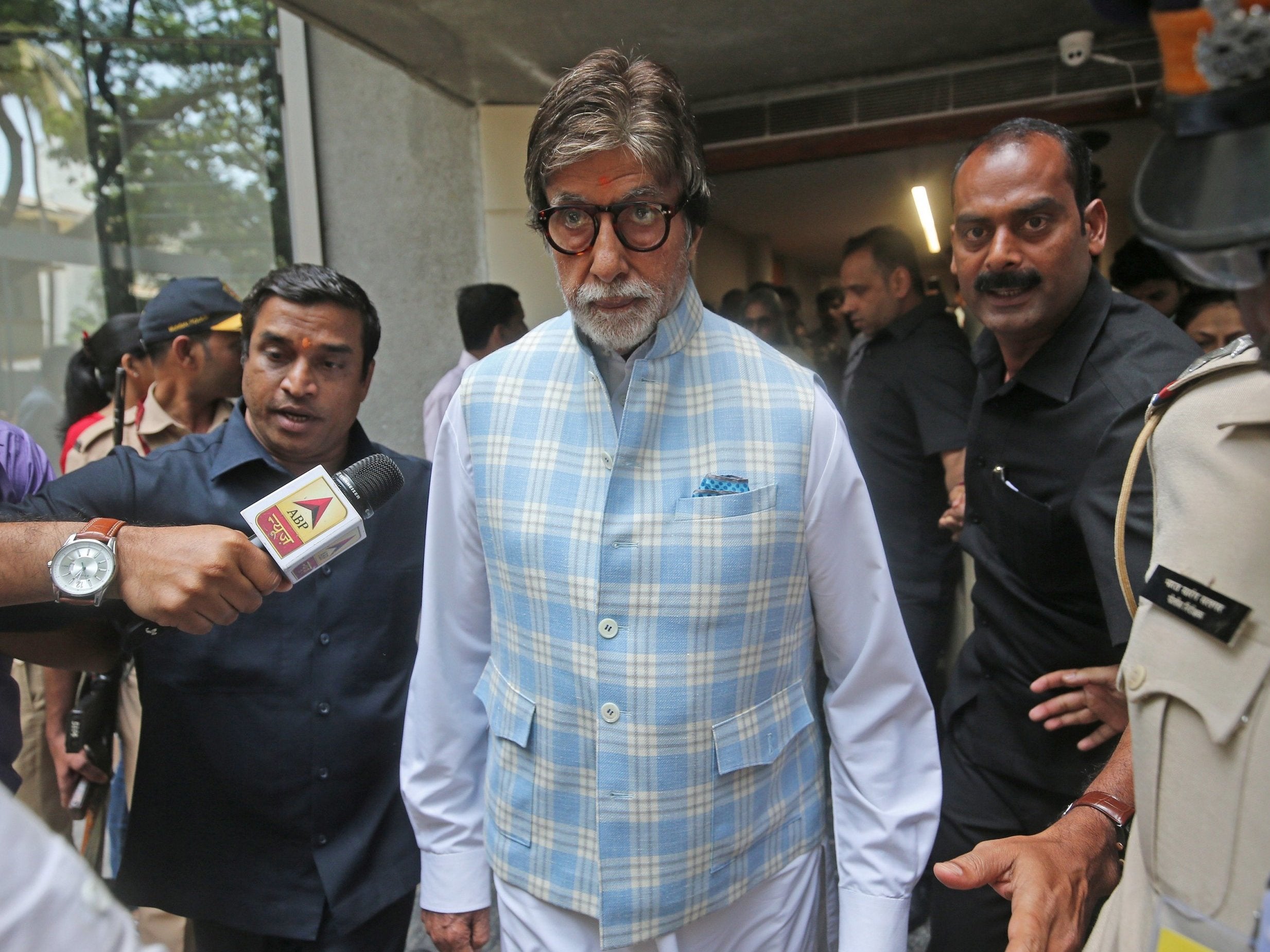
The Indian election took a glamorous turn on Monday as Bollywood stars and some of the country’s wealthiest business owners turned out to vote alongside millions of slum-dwellers in Mumbai.
Film superstars including Amitabh Bachchan braved media scrums to vote with their families mostly in the affluent South Mumbai seat, one of six constituencies going to the polls in India’s wealthiest city.
Asia’s wealthiest man, Mukesh Ambani, also cast his ballot, as did India’s richest banker, Uday Kotak, the managing director of Kotak Mahindra Bank. And while police deemed it impractical for some celebrities to join queues which formed well before polling stations opened at 7am, not every star opted for the VIP treatment.
Award-winning actor Ranveer Singh, who is married to India’s highest-paid actress Deepika Padukone, posed for selfies with fans while he waited in line to vote with his father. Among those stopping him for a picture were the police officers responsible for securing the polling station.
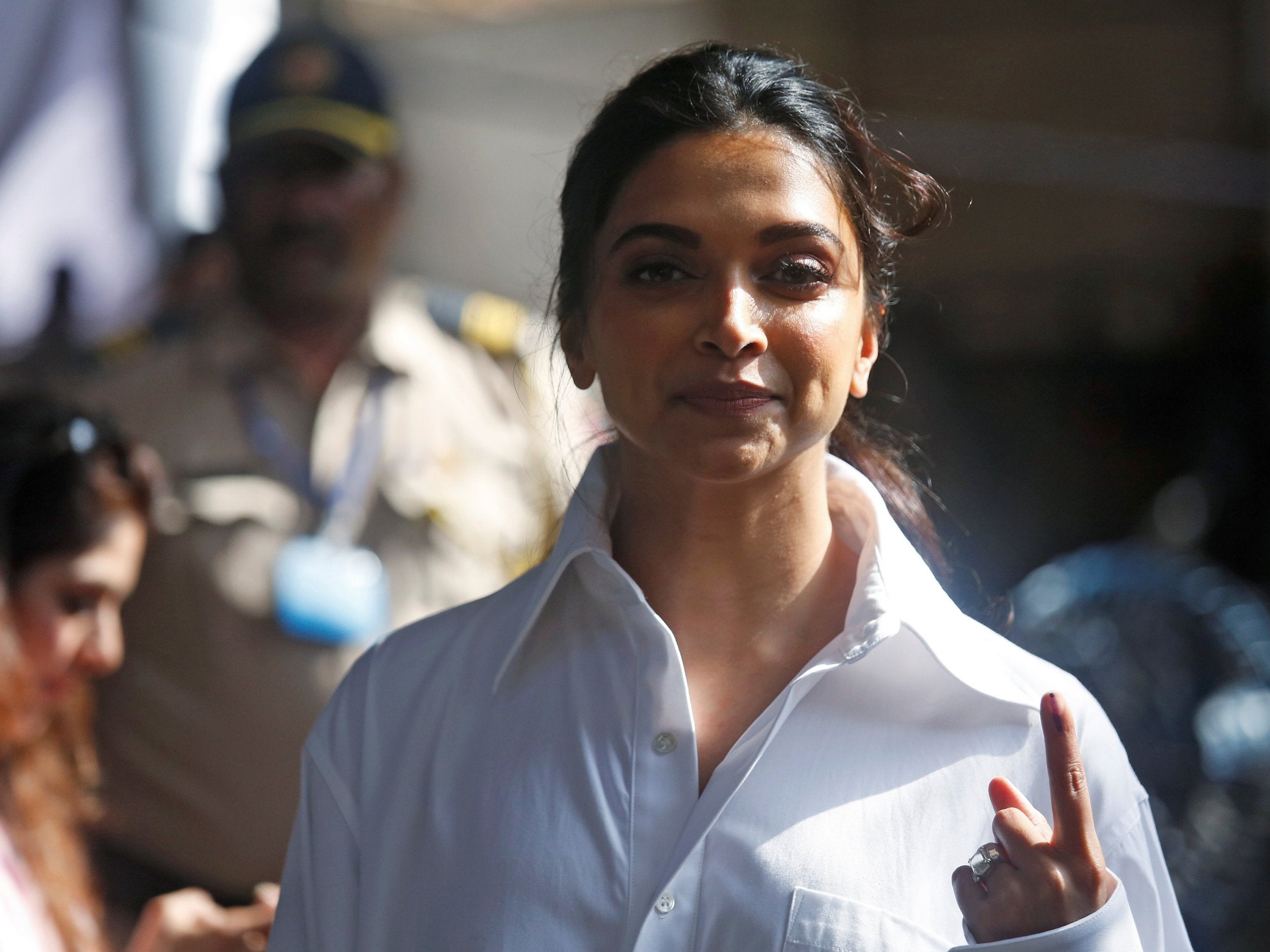
Bollywood’s highest-paid actress, Deepika Padukone, shows an ink mark on her finger after casting her vote at a polling station in Mumbai (Reuters) (REUTERS)
Cricket legend Sachin Tendulkar voted alongside his wife Anjali and their two children, both first-time voters, telling reporters: “I think that every citizen should come out and vote. It is very important for our country.”
As well as the huge Hindi film industry, the financial capital Mumbai is home to seven of India’s 19 richest people. But about 60 per cent of the population lives in its growing slums, and for ordinary voters there are major concerns about jobs and crumbling infrastructure.
Only last month six people died when part of a pedestrian bridge collapsed, recalling memories of a 2017 rush-hour stampede that killed at least 22 people at a suburban railway station.
Ankita Bhavke, a student and first-time voter, said she wanted first and foremost to see development. “I want the country to be at par with the best in the world,” she said, while admitting there had been “some progress” in the last five years under Narendra Modi.
For Mr Modi, the results from Monday’s 72 constituencies will be one of the clearest drivers of whether or not he returns for a second term.
Mr Modi has been attacked because of his record on employment and farmers’ welfare, issues the main opposition party, Indian National Congress, has seized upon.
To counter Congress’s momentum since the start of the year, the BJP has focused all its energy on making national security the main factor in making up the mind of the public.
At a rally in Mumbai on Friday, Mr Modi – who has nicknamed himself the country’s “chowkidar” or “watchman” – said only the BJP could guarantee the safety of the city, a reference to a major terror attack 10 years ago.
“Modi is confident those who strike with terror on this city will be hunted down,” he said, referring to himself in the third person. “That is how a city and that is how a country is run.”
There were also seats up for grabs on Monday in West Bengal, which has already seen some of the worst of the violence in what has otherwise been a mostly peaceful democratic exercise.
Police broke up clashes again between rival groups of voters in the key eastern state, as BJP supporters clashed with the powerful regional party All India Trinamool Congress.
TV footage showed armed security forces chasing away people wielding sticks, although it was initially difficult to determine the scale of the clashes, and as of late Monday afternoon there were no reports of poll-related injuries. At least one person was killed and three injured during the third phase of voting in West Bengal last week.
The election, the world’s biggest with about 900 million eligible voters, began on 11 April with polls suggesting Mr Modi is still favourite to win, albeit with a reduced majority.
There are 545 seats being contested in total, and the last phase of voting will conclude on 19 May with results counted and released four days later.
